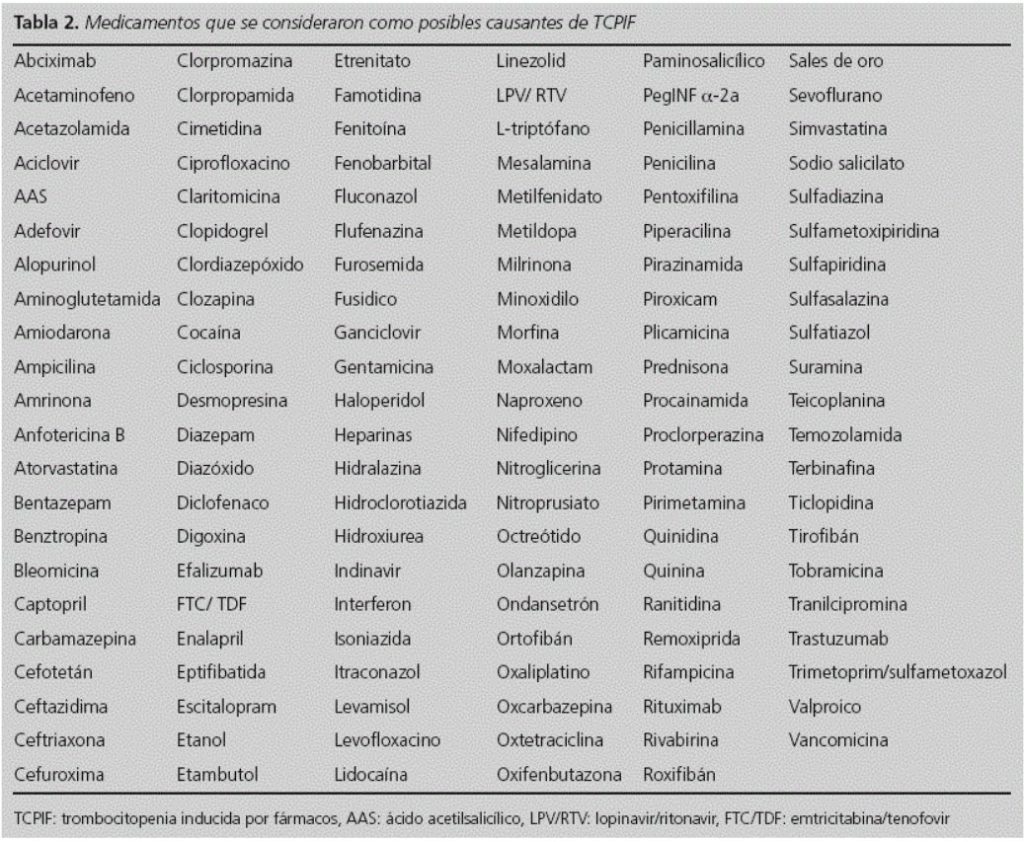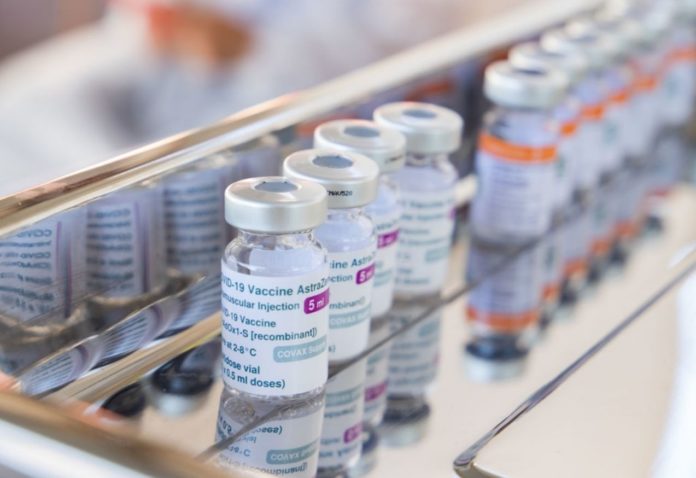Following the suspicions that thrombosis has increased after the administration of the AstraZeneca vaccine, it should be noted that several hundred drugs have been associated with drug-induced thrombocytopenia (TCPIF).
Patients with TCPIF have a decrease in platelet count 5-10 days after drug administration with an increased risk of bleeding.
Diagnosis is also often challenging, because most hospitalized patients take multiple medications and have comorbidities that can also cause thrombocytopenia.
- Does This Mean We Stopped Being Animal and Started Being Human Due to ‘Copy Paste’ Errors?
- The One Lifestyle Choice That Could Reduce Your Heart Disease Risk By More Than 22%
- Aging: This Is What Happens Inside Your Body Right After Exercise
- Immune-Boosting Drink that Mimics Fasting to Reduce Fat – Scientists ‘Were Surprised’ By New Findings
- Gun Violence in America: What They Don’t Talk About at the Debate
Heparin
The European Medicines Agency (EMA) has already announced that it is possible to associate rare cases of blood clots and low blood platelet levels with the AstraZeneca vaccine, so it should appear as a ‘very rare’ side effect, with a probability < 1/10000.
The first cases of thrombosis after vaccination with AstraZeneca were detected between 3 and 14 days after dosing. The patients had a “very intense headache that worsened when lying down and did not improve with analgesics”, there were even cases that also had “vomiting or irregular bleeding.” The latter condition is what is clinically known as thrombocytopenia.
More than 300 drugs have been implicated in TCPIF. A systematic review of individual patient data found that the most frequently reported drugs with a definite or probable causal relationship to thrombocytopenia were quinine, quinidine, trimethoprim/sulfamethoxazole, vancomycin, penicillin, rifampin, carbamazepine, ceftriaxone, ibuprofen, mirtazapine, oxaliplatin as well as the glycoprotein IIb / IIIa (GPIIb / IIa) inhibitors abciximab, tirofiban, and eptifibatide.
The review included 273 patients (61.5% men), mean age 60 ± 15 years. The mean stay was 18 ± 17 days. The incidence of thrombocytopenia was 2.26%.
The services most involved were Hematology (56), Intensive Medicine (48), and Oncology (40). Thrombocytopenia was moderate in 69% of cases, mild in 26%, and severe in 5%.
There were 8 cases of drug-induced thrombocytopenia (incidence 0.063%), resolved in a mean of 7.6 days. Related drugs were enoxaparin (2), linezolid (2), tacrolimus (2), thyroglobulin (1), and heparin (1).
The doctor was advised to discontinue the drug (2), decrease the dose (3), or monitoring (3), with an acceptance of 100%.
However, the most common drug involved in DITP is usually heparin. Life-threatening thromboembolic complications are common in patients with heparin-induced thrombocytopenia (HIT). Thrombocytopenia can occur in 10–30% of heparin-treated patients in the absence of obvious immune system involvement.
The incidence of TCPIF is not exactly known, since case reporting is voluntary and no studies designed for this purpose have been conducted. Based on various epidemiological studies in the United States and Europe, the estimated minimum incidence is around 10 cases per million inhabitants / year.
On the other hand, the incidence of TCPIF varies according to the drugs, with values from 5% to 40% in patients receiving heparin, while for other drugs it is less than 1%.
The drugs that have been most frequently associated with the appearance of TCPIF are Cinchona alkaloids (quinine/quinidine), sulfonamides, NSAIDs, diuretics, anticonvulsants, and tuberculostatics.

- Does This Mean We Stopped Being Animal and Started Being Human Due to ‘Copy Paste’ Errors?
- The One Lifestyle Choice That Could Reduce Your Heart Disease Risk By More Than 22%
- Aging: This Is What Happens Inside Your Body Right After Exercise
- Immune-Boosting Drink that Mimics Fasting to Reduce Fat – Scientists ‘Were Surprised’ By New Findings
- Gun Violence in America: What They Don’t Talk About at the Debate
Featured Image Credit: iStock
